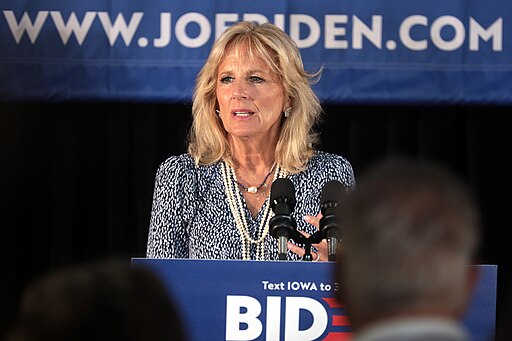House Republicans are escalating their investigation into former President Joe Biden’s mental fitness by issuing a subpoena for Anthony Bernal, a longtime aide to former First Lady Jill Biden. Bernal, who was closely associated with the first lady and informally referred to by some as her “work husband,” had been scheduled to appear for a transcribed interview with the House Oversight and Government Reform Committee but informed the panel on Wednesday that he would not participate.
In response, Committee Chair James Comer (R-Ky.) issued a formal subpoena on Thursday compelling Bernal to testify at a deposition scheduled for July 16. Comer emphasized the importance of Bernal’s testimony in advancing the committee’s ongoing oversight efforts.
The move comes a day after the Trump administration rescinded legal protections previously extended to Biden-era officials testifying in the probe. This shift paved the way for the committee to take more aggressive steps in seeking testimony from individuals formerly shielded by executive privilege.
In a letter accompanying the subpoena, Comer noted that Bernal’s refusal to voluntarily appear had left the committee no choice but to compel his testimony. He argued that Bernal’s insights are critical to understanding what Republicans allege was a coordinated effort to conceal concerns about Biden’s cognitive state during his presidency.
Comer also criticized Bernal publicly, accusing him of deliberately avoiding transparency. “With executive privilege now waived, it’s abundantly clear that Anthony Bernal — Jill Biden’s so-called ‘work husband’ — never intended to be open about what he knew regarding Joe Biden’s cognitive decline and the efforts to hide it,” he said in a statement.
Comer added that the committee views Bernal’s refusal as obstruction and stressed that lawmakers are committed to pursuing accountability. “The American people deserve clarity, not cover-ups,” he said. “We will not allow stonewalling to prevent us from uncovering the facts.”
The subpoena marks a new chapter in the investigation, which has become a flashpoint between Republicans and Democrats over the scope and motives of congressional oversight.


